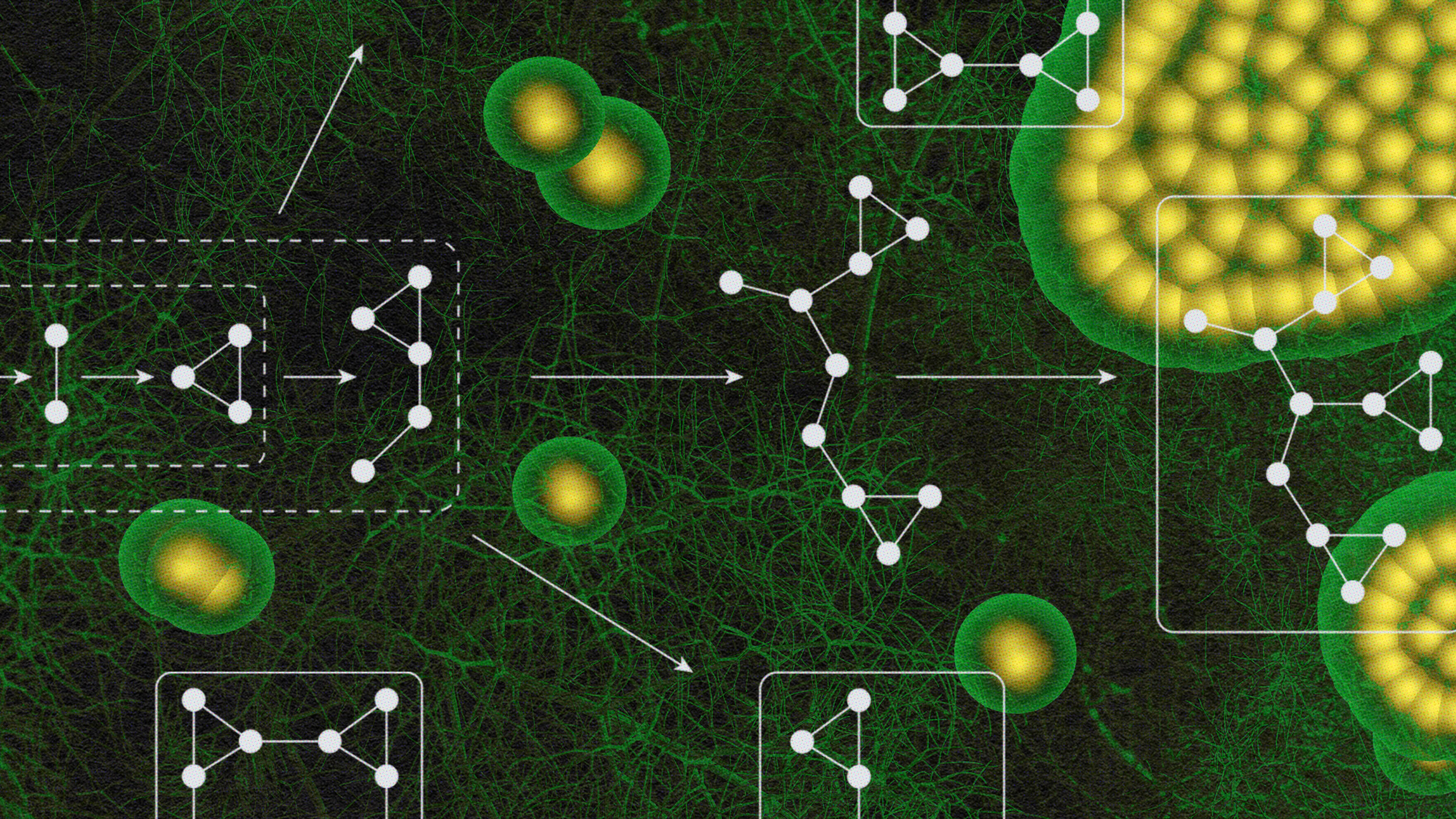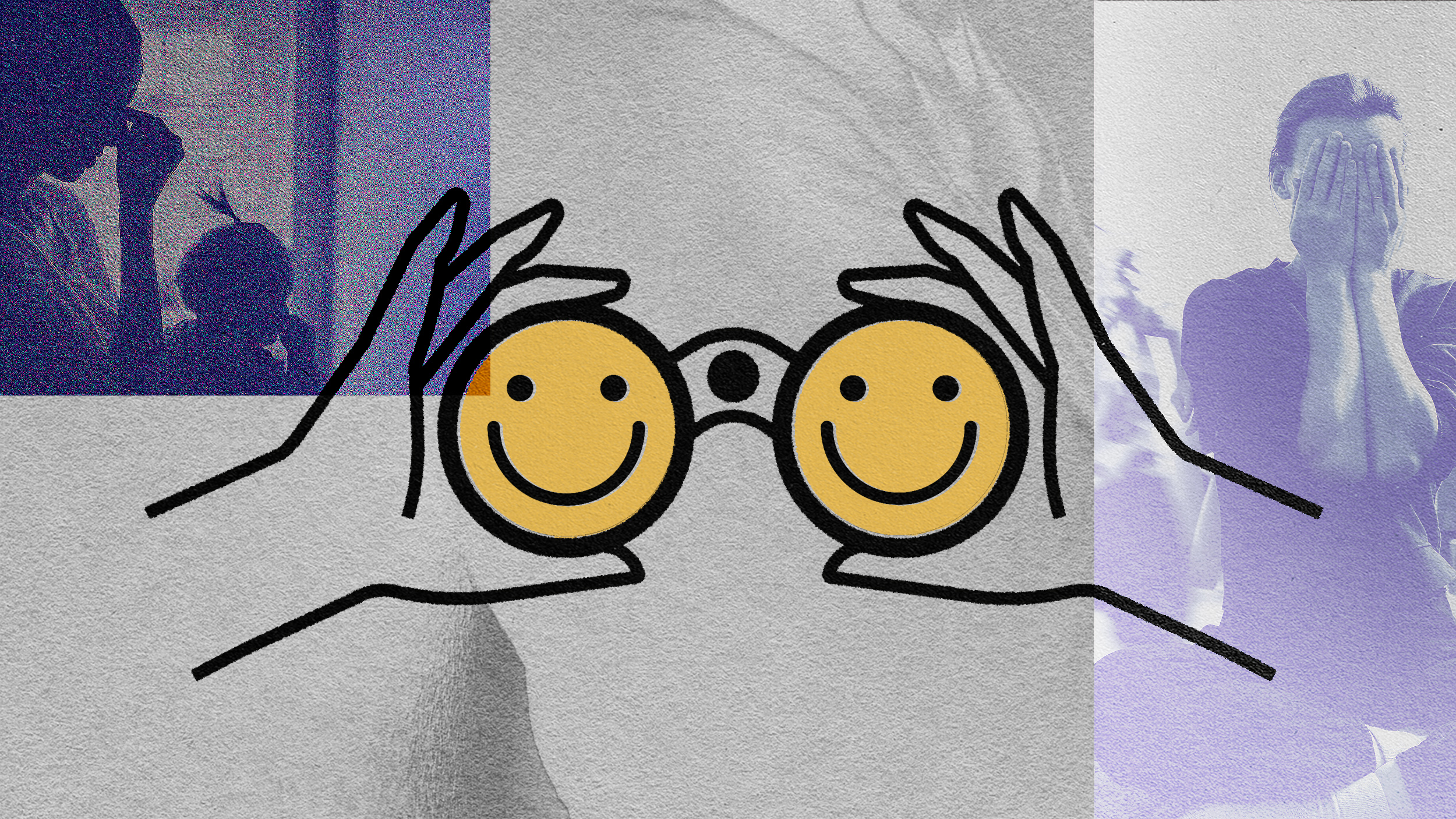Francis Fukuyama: I had supported getting rid of Saddam Hussein before the Iraq war. As we got closer to the moment where the Bush administration was actually going to launch the war in early 2003, I started listening to people asking the questions about the justifications for the war. And I started to get more and more skeptical as I listened to the administration and as I tried to make the case in favor of doing that. And so by the time the war had started I was really, you know, not on board anymore.
The moment where I thought that I had to say something much more public than that came at a dinner at a think tank in Washington. Dick Cheney, the Vice President, was one of the speakers and the room was basically full of Bush administration supporters. And this was almost a year after the beginning of the war. There were no weapons of mass destruction, there was already a big insurgency going on - the situation in Iraq was deteriorating and everyone in the room was saying that this war was a big success. And I looked at my wife and I looked at all of the people around me cheering and I said, you know to myself "these people are crazy" or they're not willing to accept this obvious reality that's staring them in the face.
People have certain ideas not actually because they have thought about them really carefully, and weighed the evidence and then have taken a certain position. But they do it for social reasons in effect. We take our bearings from those people around us say, much more than we would like to admit to ourselves.
You actually don't have to have the support and agreement of this chorus of friends around you. You can say things that they they don't agree with or that will piss them off or that will make them mad.
And I think it's actually that psychological break - the ability to say "OK, so-and-so is not going to respect me if I take this position, but I don't care."
Francis Fukuyama is an American philosopher and theorist. He is best-known for his book The End of History and the Last Man. He was a researcher at the RAND[…]
▸
2 min
—
with
Related
It’s deceptively tricky to distinguish living systems from non-living systems. Physics may be key to solving the problem.
The digital world will always entail risks for teens, but that doesn’t mean parents aren’t without recourse.
Happiness is not a five-star holiday. It’s often the result of struggle — and asking for help, as author Stephanie Harrison recently told Big Think.
Despite the vast number of planets in the Universe, Earth’s specific evolutionary history guarantees that its life forms — including humans — are utterly unique.
We have become the greatest threat to ourselves and to life on this planet. We need a set of agreed-upon safeguards to preserve our future.





